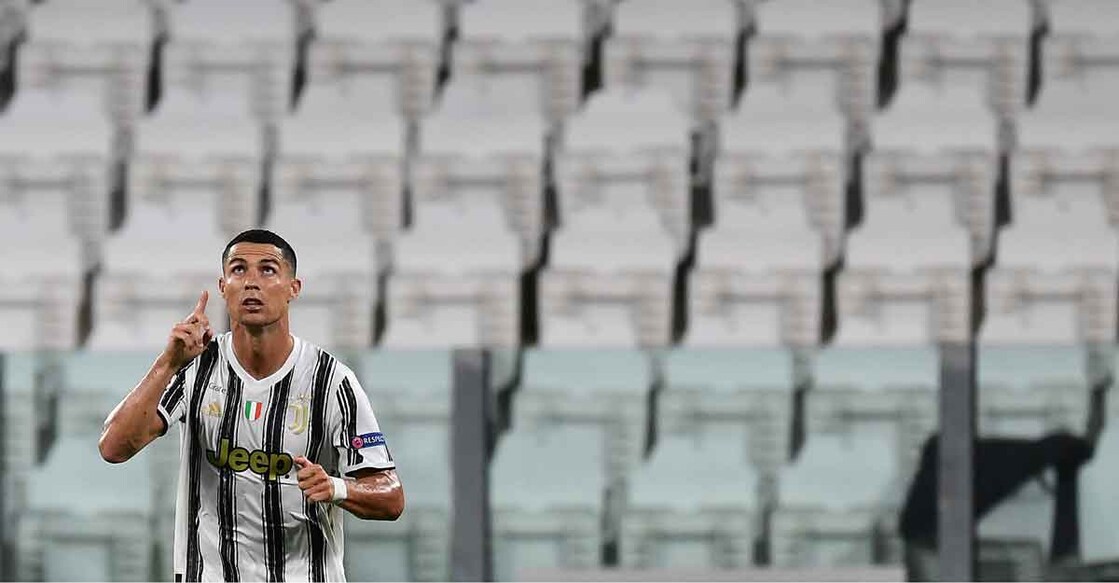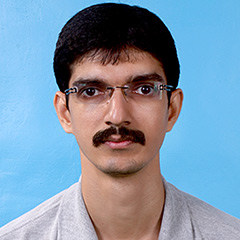God's Own Twenty20: 10 changes that swept the sporting arena

Mail This Article
The COVID-19 pandemic wreaked havoc with the entire world in 2020 and the sporting universe too was not spared.
The sporting calendar was disrupted, leading to numerous events being postponed or cancelled. Players were forced to stay away from training while the fans were denied entry to the venues when the action resumed later and matches were played out in eerily-empty arenas. Onmanorama picks 10 disruptive developments from the sporting field in the year that is drawing to a close.
Postponements, cancellations
The Tokyo 2020 Olympics was postponed to 2021. The International Olympic Committee and the Japanese government had no option but to postpone the quadrennial extravaganza to July-August, 2021. Despite the postponement, the Games will still be called Tokyo 2020.

The pandemic also forced cancellation of Wimbledon tennis championships for the first time since World War 2. Euro 2020 and Copa America football tournaments as well as the Twenty20 Cricket World Cup were also postponed.
European football behind closed doors
The crowd adds a whole different atmosphere to European football action. Sadly, they were missing when football activities resumed across Europe in May-June. Though the broadcasters tried to recreate the feel by using recorded crowd noise, it was no match to the real experience.

It was a new experience for the players as they missed the adrenaline rush which only the crowd brings, especially in home matches. Fortunately, the situation has improved considerably and a limited number of spectators have been allowed at select venues.
Pay cuts

Modern day sports involves big money and the COVID-19 came as a huge dampener. Even big stars such as Lionel Messi and top clubs such as Barcelona were forced to go for a pay cut. While the top stars did not feel the crunch, the lower-ranked players found the going tough across the globe. The forced break and changed circumstances were also an eye-opener for the players to realise the value of money and also understand how privileged most of them are.
IPL in a bio-secure bubble
The most lucrative annual Twenty20 cricket tournament – the Indian Premier League (IPL) – was staged in the UAE from September 19-November 10. The 13th edition of the IPL was held across three venues – Dubai, Abu Dhabi and Sharjah – behind closed doors with the players being camped in a bio-secure bubble.

Despite a few members of the Chennai Super Kings contingent and a few other officials testing positive for the coronavirus, the event went off smoothly. There was no crowd or cheerleaders, but there was no dearth of action on the pitch as Mumbai Indians won a record-extending fifth title under Rohit Sharma. The successful organisation of the IPL was indeed a huge relief for the Board of Control for Cricket in India.
Ban on use of saliva to shine ball

Shining or polishing a cricket ball with saliva has been part and parcel of the game. The ICC Cricket Committee gave the nod to ban the use of saliva to shine the ball to limit the risk of the players contracting the virus. However, the committee didn't recommend a ban on the use of sweat to shine the ball. The players took some to adjust to the new rule change and the odd instances in which the rule was broken, the umpires sanitised the ball before action resumed.
On-field and off-field restrictions

A U-turn from age-old practices have been the new norm. The customary handshake and high-fives have given way to fist bumps. There are no more jersey swaps at the end of a football game, while the use of child mascots at the start of a soccer match too has become a thing of the past. The players have been spared from autograph hunters and selfie requests too. Who would have thought that the players will have to put on gloves before a trophy presentation?
Online training sessions

Like in every other walk of life, 2020 witnessed athletes rely more on technology. Online training sessions become a routine, especially during pre-season camps with the coaches and players stuck in different parts of the world due to severe restriction on air traffic. The internet made sure the players and coaches stayed in touch and were able to plan for the season ahead without much trouble.
COVID-19 substitution

A year after the International Cricket Council brought in concussion substitutes in Test cricket, the pandemic enforced the introduction of the COVID-19 substitution rules. As per the temporary rule, teams are allowed to substitute players displaying symptoms of COVID-19 during a Test match. Like concussion substitutes, the match referee would approve the nearest like-for-like replacement. The ICC has also temporarily removed the requirement to appoint neutral match officials from the playing conditions for all international formats owing to the current logistical challenges with international travel.
Five changes, water breaks

In a bid to ease the strain on players returning to action following the extended coronavirus break, English Premier League sides were allowed to name nine substitutes and make five changes per match in the 2019-20 campaign when matches resumed in June. The league also introduced a mandatory one-minute water break in each half of the game to enable players to rehydrate from personalised water bottles. However, both these rules were scrapped in the new season.

'No touching' rule
When professional tennis returned after the forced break, ball boys and girls were seen wearing gloves to avoid touching sweat-stained towels and balls. Baskets were made available for players to deposit their towels and sweatbands. They were also told to use sanitisers regularly while at the courts and avoid touching their face. Competitors were prohibited from sharing water bottles, towels and other personal items. Deep cleaning and disinfecting of nets, posts, chairs, and scoreboards before and after each fixture was also made mandatory.


